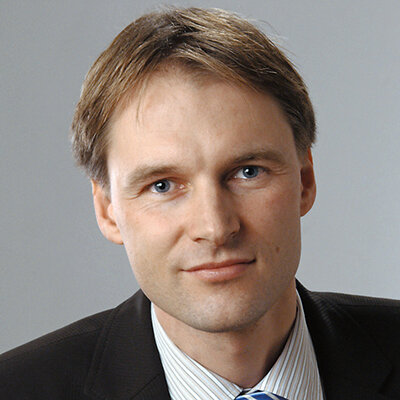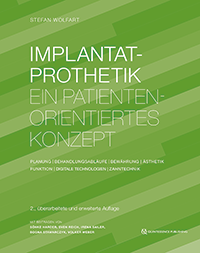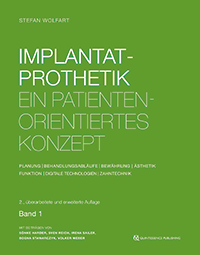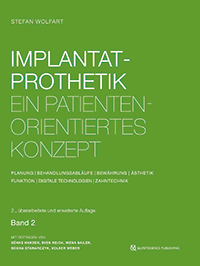"Auf über 1.000 Seiten bzw. knapp 7 kg und zahllosen tollen Fotografien geht der Autor Stefan Wolfart auf alle Fragen ein, die dem jungen Implantologen unter den Fingern brennen. [...] Dieses Buch ist ein ganzer Kurs in sich und immer griffbereit. Für mich eine klare Kaufempfehlung."
– Christian Schouten in Qdent 01/2024
"In der Summe hat der Autor ein ebenso praxisnahes wie wissenschaftlich fundiertes Fachbuch erarbeitet, das durch seine Systematik als Leitfaden für die implantatprothetische Rehabilitation von Patientinnen und Patienten dient, durch seinen übersichtlichen und klar strukturierten Aufbau aber auch als Nachschlagewerk für spezifische Fragestellungen genutzt werden kann."
– Prof. Dr. Nicole Passia in Quintessenz Zahnmedizin 03/2024
"Die Texte und die Abbildungen höchster Qualität harmonieren optimal miteinander. Deutlich wird: Das Buch erhebt den Anspruch auf Umsetztbarkeit im Alltag."
– PD Dr. med. dent. Manja von Stein-Lausnitz in zm 113 Nr. 23-24
"Insgesamt ein absolut empfehlenswertes Buch und fast schon ein Muss für jeden in der Implantologie Tätigen, sowohl für Einsteiger als auch für erfahrene Kollegen, die Updates für ihre Behandlung suchen und ihr Konzept mit dem heutigen State of the Art abgleichen wollen. Ein Buch, das Freude macht, wenn man es in die Hand nimmt, und das zeigt, dass das Medium Buch noch lange nicht tot ist."
– Prof. Dr. med. dent. Florian Beuer in DZZ 01/2024







